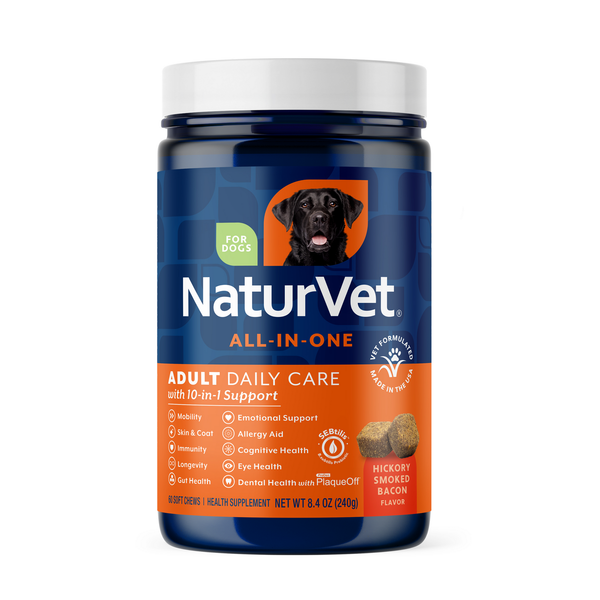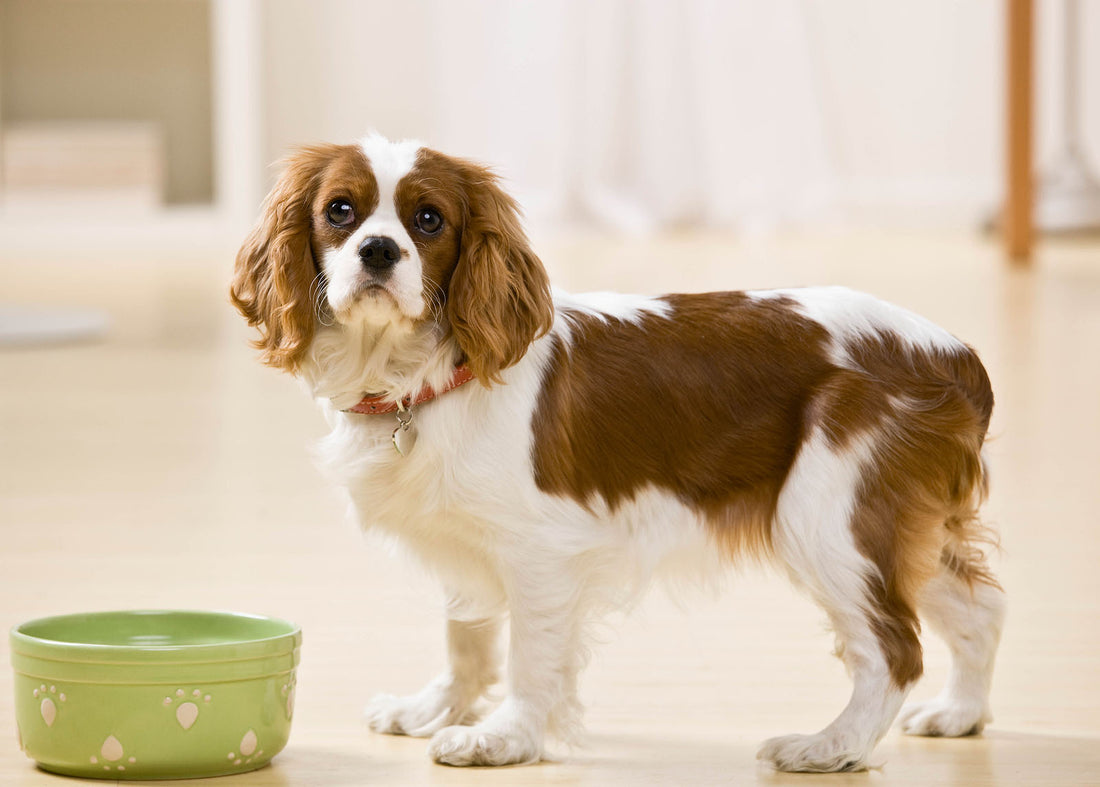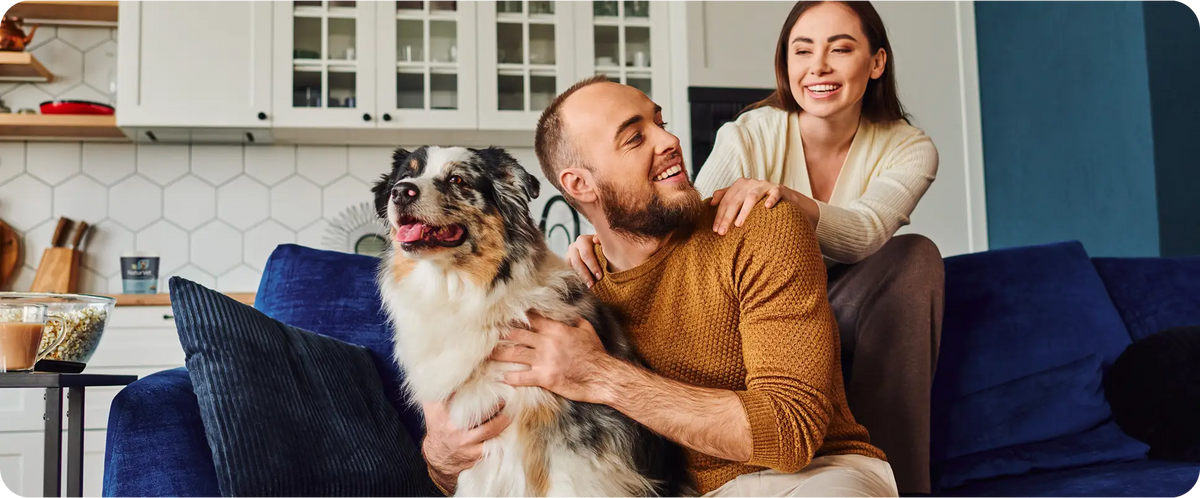Pet Poison Prevention
Living with a pet can be one of the best experiences a person can have. Of course, having a dog or a cat live with you isn’t all just fun and games. A pet that lives its life surrounded by human things is bound to get their paws into trouble one way or another. The problem that arises, however, is that their curiosity can become fatal in a matter of seconds. For this reason, the month of March is recognized as Pet Poison Prevention Awareness, which works to remind pet owners of the dangers their home poses to their furry friends. The first step to making your house safer for your pets is to educate yourself in regards to what is harmful to them.
In the Kitchen

Every pet owner has had to stay strong against the adorable set of puppy-dog eyes that peer over the counter at dinner time, begging for a bite of their meal. While your pet may find the smell of a chocolate bar or peanut butter jelly sandwich irresistible, it by no means gives you a reason to let them share it with you. Many people understand that chocolate is toxic to dogs, with dark chocolate being the worst of all. Other sweets that are toxic include sugar-free gums, candies, and jams with xylitol in them. However, what many owners overlook is the fact that grapes and raisins can cause kidney failure. To avoid potential problems, it is usually best to keep human and pet food separate and keep your pet on their recommended pet diet. If you choose to give your pet some of your food, always check the food contents to ensure it is safe. People food should only be considered a treat for a special occasion and not a norm. In addition, if you would not eat it (such as raw meat), chances are your pet shouldn’t either.
In the Medicine Cabinet
While we may need to take medicine on occasion to fight off a nasty cold or allergies, your medicine will most definitely cause more harm than good to your pet’s body. NSAIDs are the most common type of drug found in the household, which includes aspirin, Advil, and ibuprofen. Toxic doses of these human medications can result in acute kidney failure in dogs and cats. It can be argued that animals are administered NSAIDs at the vet, but these are veterinary specific and are less toxic to pets. Other concerns for pets include hand sanitizer, albuterol in inhalers, and a range of over-the-counter drugs such as Tylenol. In addition to medication, human vitamins and minerals can be toxic to dogs if they contain excessive amounts of vitamin D or iron. Vitamins made just for pets usually give them a portion of the vitamin they need, while a human vitamin gives almost a hundred percent of the daily intake at once. This could lead to a dangerous excess in your pet’s body. As a general rule of thumb, pets should not be given medications that are meant for humans. If you choose to give your pets vitamins to be healthy, made sure they are pet-approved as well.

In the Yard
Dogs and cats are playful creatures and often refuse to be confined indoors. Therefore, pets are often seen outside in the yard, exploring every new sight and smell they can. However, their curious nose may put them at risk of ingesting something toxic. Some plants such as lilies are toxic to cats, while sago palms are toxic to dogs. In addition, the insecticides or rodenticides used for plants can be just as dangerous. Most sprays and baits used around the house are often not a major threat to dogs, but some potent types could pose a major risk even in a small amount. Rodenticides, on the other hand, are a much scarier threat. This is due to the fact that only one type of these poisons have an active antidote available. The danger for cats becomes even greater considering that rats killed by the poison are thereby toxic if eaten. To reduce risks to your pets, consider using traps that do not utilize chemicals or have pet-proof containers. In addition, make sure to do research on the plants you choose to keep in your garden, just in case your pet sneaks a nibble from time to time.

How to Prepare
If you suspect that your pet has come in contact with any type of poison, never wait for signs to arise. It is always better to be safe than sorry, and your pet will thank you every time. In preparation for a potential poison emergency, discuss the best course of action for you and your pet with your veterinarian. Always keep emergency contact information, such as your veterinarian’s number or the directions to the nearest emergency clinic close by. If you are unable to drive to a clinic, keep a pet first aid kit somewhere in your house that includes gauze pads, penlights, tongue depressors, and anything else you may need to treat your pet.
As always, the precautions you take for your pets are meant to keep them safe and happy as long as they are with you.























